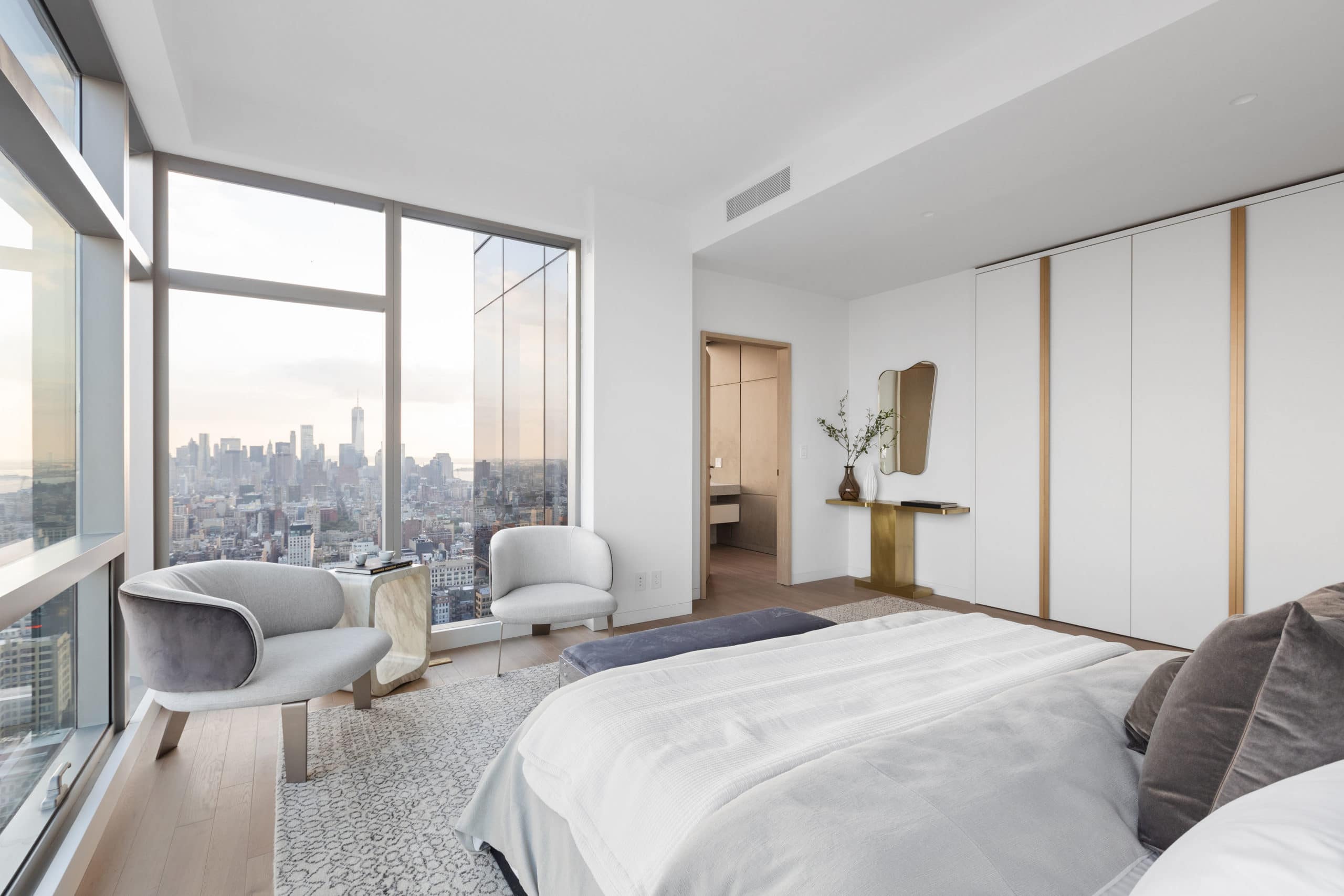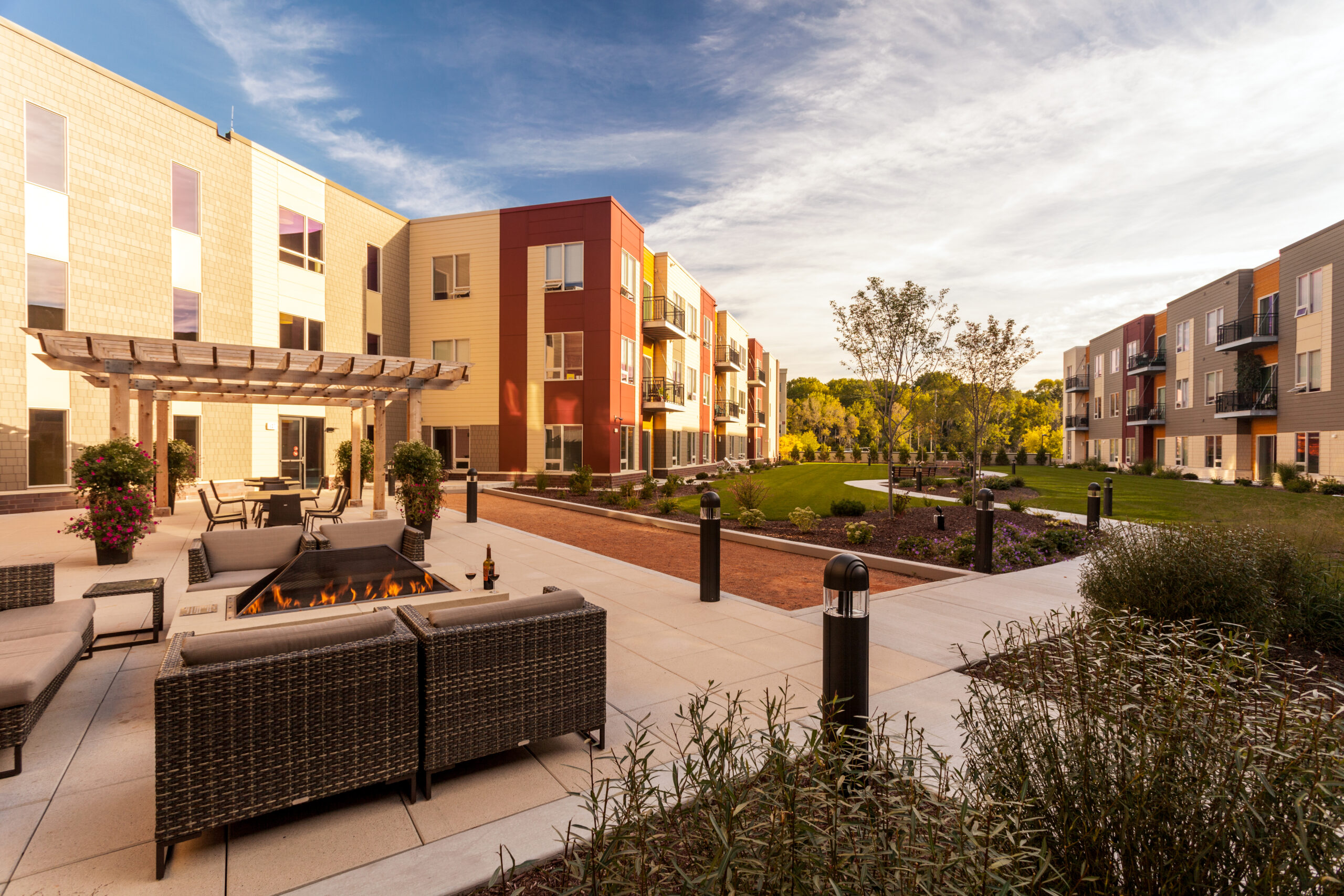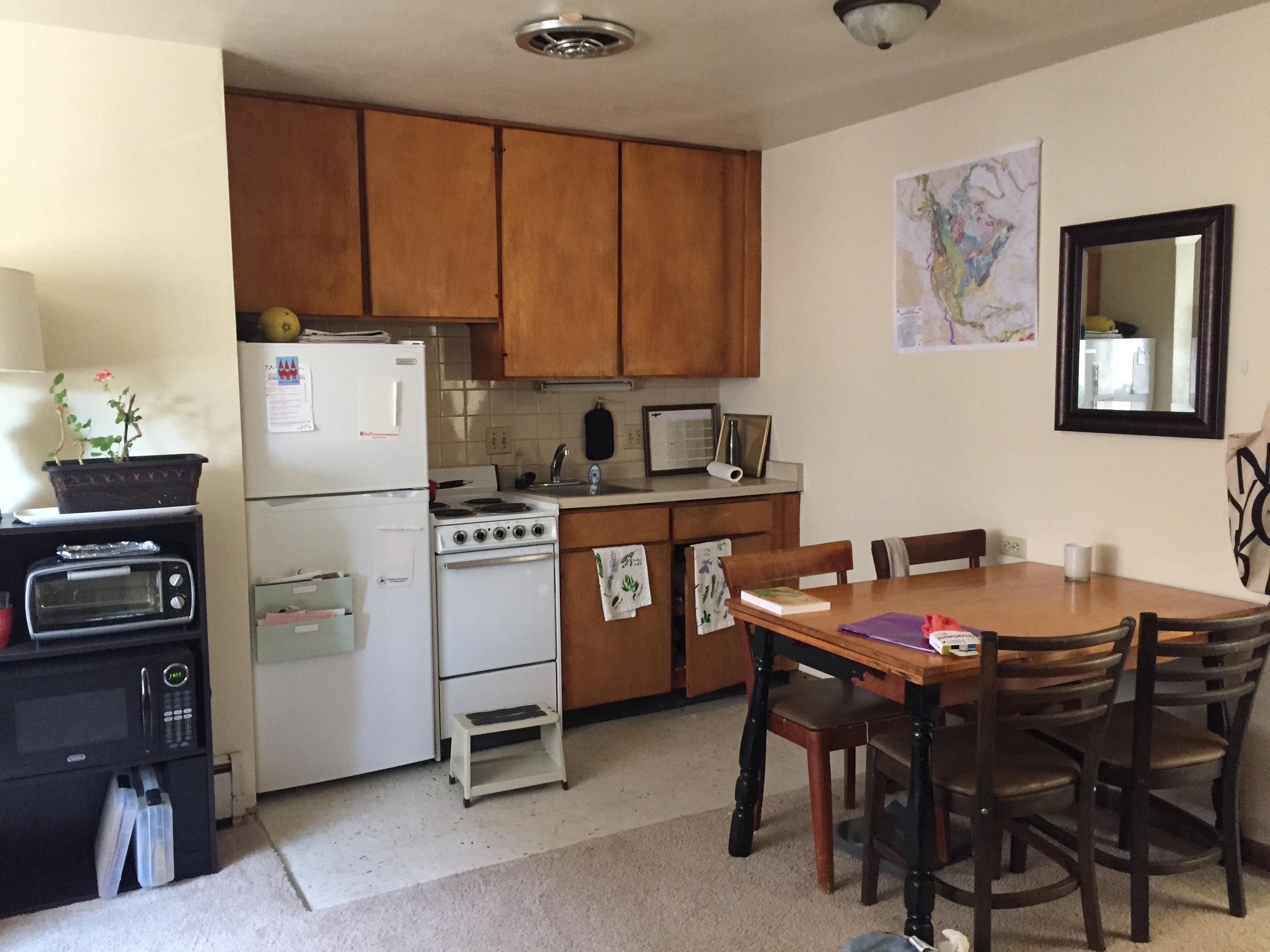One Bedroom Apartments in Madison, WI

Madison, Wisconsin, is a vibrant city known for its beautiful lakes, thriving arts and culture scene, and progressive spirit. Nestled in the heart of the state, Madison offers a high quality of life with a diverse population and a strong economy. The city is home to the University of Wisconsin-Madison, which contributes significantly to the city’s intellectual and cultural landscape.
Neighborhoods in Madison, WI
Madison is divided into distinct neighborhoods, each offering a unique character and lifestyle. Here is a brief overview of some popular neighborhoods in Madison, along with their average rent prices for one-bedroom apartments:
- Downtown: Located on the isthmus, Downtown Madison is the city’s central hub, teeming with restaurants, bars, shops, and cultural attractions. The average rent for a one-bedroom apartment in Downtown Madison can range from $1,500 to $2,500 per month, depending on the specific location and amenities.
- Capitol Square: The heart of Downtown, Capitol Square is home to the Wisconsin State Capitol building, a prominent landmark. The average rent for a one-bedroom apartment in this area is typically higher than in other parts of Downtown, ranging from $1,800 to $3,000 per month.
- Willy Street: Known for its eclectic shops, trendy restaurants, and lively nightlife, Willy Street is a popular destination for young professionals and artists. The average rent for a one-bedroom apartment in this neighborhood is around $1,200 to $2,000 per month.
- Tenney-Lapham: Situated on the east side of the isthmus, Tenney-Lapham is a historic neighborhood with a mix of residential and commercial areas. The average rent for a one-bedroom apartment in this neighborhood is around $1,000 to $1,800 per month.
- West Side: The West Side is a more suburban area with a mix of residential neighborhoods and commercial areas. The average rent for a one-bedroom apartment in this neighborhood is around $900 to $1,600 per month.
- East Side: The East Side is a vibrant neighborhood with a mix of residential areas, parks, and commercial districts. The average rent for a one-bedroom apartment in this neighborhood is around $1,100 to $1,900 per month.
Advantages and Disadvantages of Living in a One-Bedroom Apartment in Madison, WI
Living in a one-bedroom apartment in Madison, WI, offers both advantages and disadvantages:
Advantages
- Affordability: Compared to larger apartments, one-bedroom apartments are generally more affordable, making them an attractive option for individuals or couples.
- Convenience: One-bedroom apartments are typically smaller and easier to maintain, offering a more convenient living experience.
- Location: Many one-bedroom apartments are located in central areas, providing easy access to amenities, transportation, and entertainment.
Disadvantages
- Limited Space: One-bedroom apartments offer limited living space, which can be a challenge for individuals who require more room or frequently entertain guests.
- Lack of Privacy: In smaller apartments, noise and privacy can be a concern, especially if living with a roommate or partner.
- Competition: One-bedroom apartments are in high demand, making it challenging to find a suitable apartment within budget and desired location.
Finding the Perfect One Bedroom Apartment: One Bedroom Apartments Madison Wi

Finding the ideal one-bedroom apartment in Madison, WI, can be an exciting but challenging journey. With a vibrant city teeming with options, the key is to navigate the process strategically and efficiently. This step-by-step guide Artikels the crucial factors to consider and provides practical tips to make your apartment search a success.
Defining Your Budget
Your budget forms the foundation of your apartment search. Start by assessing your financial situation, considering your income, expenses, and savings. It’s crucial to establish a realistic budget that allows for rent, utilities, and potential additional costs.
A general rule of thumb is to allocate no more than 30% of your gross monthly income towards rent.
Once you have a clear budget in mind, you can narrow down your search to apartments that fall within your price range.
Choosing the Right Location
Location plays a vital role in apartment hunting. Consider your lifestyle, commute, and proximity to amenities when making your decision.
- Commute: If you rely on public transportation, choose an apartment near bus routes or the Metro Transit system. For those driving, consider proximity to major highways and parking availability.
- Amenities: Proximity to grocery stores, restaurants, parks, and entertainment options can significantly enhance your quality of life.
- Neighborhood Vibe: Explore different neighborhoods to find the atmosphere that best suits your preferences. Some areas might be more family-friendly, while others offer a vibrant nightlife.
Prioritizing Amenities
While your budget and location are crucial, amenities can significantly influence your living experience.
- In-building Amenities: Consider features like fitness centers, laundry facilities, swimming pools, and community spaces.
- Apartment Features: Evaluate the size and layout of the apartment, the presence of a balcony or patio, and the quality of appliances.
- Security: Look for buildings with security systems, controlled access, and well-lit common areas.
Understanding Your Personal Preferences, One bedroom apartments madison wi
Beyond practical considerations, your personal preferences should guide your search.
- Lifestyle: Consider your preferred living environment. Do you prefer a quiet and peaceful setting or a bustling and energetic neighborhood?
- Pet Policy: If you have pets, ensure the apartment complex allows pets and understand their restrictions.
- Parking: If you have a car, confirm parking availability and costs.
Leveraging Online Platforms and Real Estate Agents
Several online platforms and real estate agents specialize in apartment rentals in Madison, WI.
- Online Platforms: Popular options include Apartments.com, Zillow, Trulia, and Craigslist.
- Real Estate Agents: Local real estate agents can provide personalized assistance and insights into the market.
Essential Tips for Apartment Hunting in Madison, WI

Navigating the Madison, WI apartment market can be overwhelming, but with careful planning and strategic approaches, you can find the perfect one-bedroom apartment that meets your needs and budget. Here are some essential tips to guide your search:
Understanding Lease Agreements and Tenant Rights
Lease agreements are legally binding contracts outlining the terms of your tenancy. Understanding your rights and responsibilities is crucial. In Wisconsin, landlords are required to provide tenants with a written lease agreement outlining the rental period, rent amount, and other essential conditions.
It’s essential to read the lease agreement carefully before signing.
Understanding your rights as a tenant in Wisconsin is vital. The Wisconsin Department of Agriculture, Trade and Consumer Protection (DATCP) provides comprehensive resources on tenant rights, including information on security deposits, rent increases, and eviction procedures. Familiarize yourself with these regulations to ensure your rights are protected throughout your tenancy.
Negotiating Rent and Securing a Lease
Negotiating rent is a common practice in the Madison, WI apartment market. Landlords are often willing to negotiate, especially during off-peak seasons or when units have been vacant for an extended period.
Research average rental rates for similar apartments in the area to establish a fair market value.
When negotiating, be polite and professional, clearly stating your desired rent and highlighting your positive qualities as a tenant, such as a strong credit history and stable income.
Conducting Thorough Background Checks on Landlords and Property Management Companies
Before signing a lease, it’s crucial to conduct thorough background checks on landlords and property management companies.
This involves researching their reputation, financial stability, and history of tenant complaints.
Websites like Yelp, ApartmentRatings, and the Better Business Bureau can provide valuable insights into a landlord’s track record. Additionally, checking court records for any outstanding legal issues related to the property or the landlord can provide further information.
